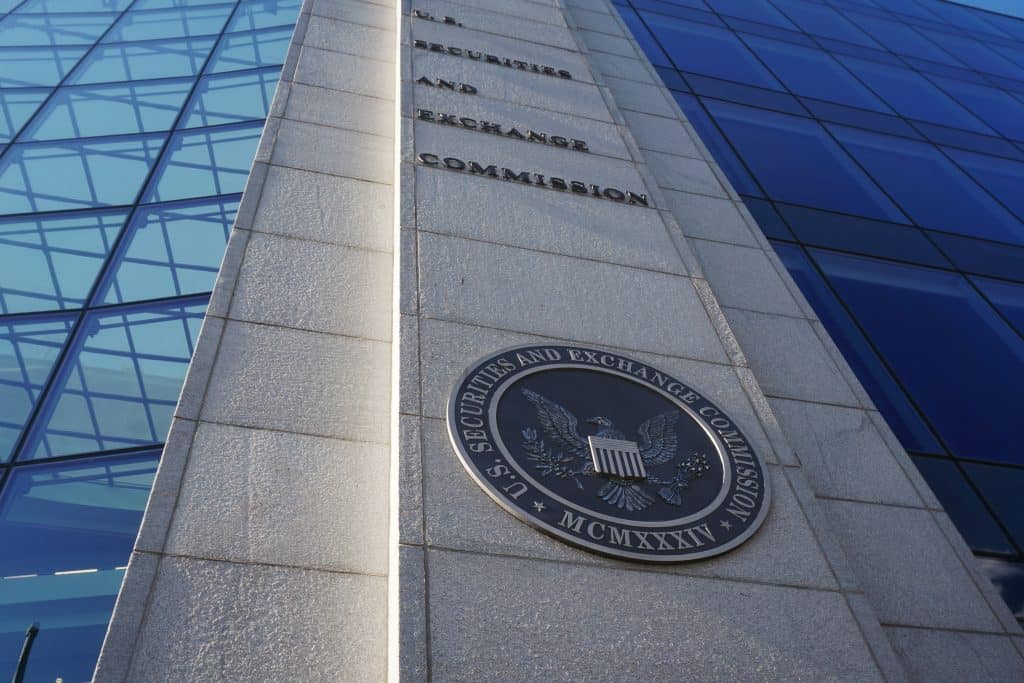
Freedom of speech remains a core tenet of democratic societies and free peoples. Speaking up and speaking out are always to be heralded, especially during contentious times in America. But while the freedom to speak is oft rejoiced, few realize that the interests protected by the First Amendment include the freedom to listen. When voices are silenced through suppression, intimidation, or violence, not only does the speaker lose a fundamental liberty, but so too does the listener.
In the marketplace of ideas, free speech requires both a speaker and a listener, because, as the saying goes, “If a tree falls in a forest and no one is around to hear it, does it make a sound?” This makes sense because “without a listener, there can be no speech.”[1] Yet when it comes to censorship, safe spaces, cancel culture, and other tactics used by private and public actors alike, many only bemoan the restriction of the silenced party, not the cost to the public at large and its right to hear.
Consider a practice required by the Securities and Exchange Commission (SEC). In 1972, SEC instituted a rule requiring all those who settle with the Commission to agree to a gag order.[2] In essence, so long as defendants agree to never publicly proclaim themselves innocent, or question the investigatory methods or tactics used by SEC to charge them, then SEC would be willing to settle the case without going to trial. SEC reasoned that if it allowed defendants to speak up it would create “an impression” in that the alleged conduct “did not, in fact, occur.” Evidently, not all press is good press, according to the SEC.
How does this factor into the right to hear? By suppressing a defendant’s ability to openly criticize SEC’s allegations, the public remains ignorant about how the Commission’s investigation and enforcement process works and whether their successes are rightfully gained. Judge Jed Rakoff in the Second Circuit criticized the blatant First Amendment problems with SEC’s current silencing protocol, noting it is “neither fair, nor reasonable, nor adequate, nor in the public interest” because it deprives the public of “ever knowing the truth in a matter of obvious public importance.”[3] SEC argues that to permit a defendant’s denial would give the public a bad “impression” of the agency. How is it allowable for SEC, a government entity, to insulate itself from criticism by the very citizens its rule most directly impacts? Some groups not only believe it is impermissible[4] but also illegal and an unconstitutional prior restraint on free speech.[5]
In implementing this rule, the SEC may believe it only harms those it silences, but the harm goes much further. An individual’s right to speak against the government is the very purpose of the First Amendment’s protections on speech. The public needs to hear from the voices of those directly faced with government regulation and enforcement. So long as government entities can silence American citizens with the threat of a trial should they speak out, who else may the government silence in the future?
The freedom of speech protects both speaker and listener. Government interference in public discourse prevents the marketplace of ideas from producing better policy and better governance. So long as gag rules remain in force, the people’s freedom to listen is diminished.
[2] “The Commission has adopted the policy that in any civil lawsuit brought by it or in any administrative proceeding of an accusatory nature pending before it, it is important to avoid creating, or permitting to be created, an impression that a decree is being entered or a sanction imposed, when the conduct alleged did not, in fact, occur. Accordingly, it hereby announces its policy not to permit a defendant or respondent to consent to a judgment or order that imposes a sanction while denying the allegations in the complaint or order for proceedings….” 17 CFR § 202.5(e).
[3] United States SEC v. Citigroup Glob. Mkts. Inc., 827 F. Supp. 2d 328, 332 (S.D.N.Y. 2011)
[4] The Commission continues to call this rule a “policy.” This is because they ignored the Administrative Procedure Act by slipping this “rule” into the Federal Register announcing that it was effective immediately without notice and comment. By so doing, the SEC has both bypassed Congressional requirements for administrative rulemaking known as “notice and comment,” thereby making this rule both unlawful and unconstitutional. Administrative Procedure Act, 5 U.S. Code § 553.
[5] NCLA explicitly identifies the public’s right to hear in its lawsuit in the Fifth Circuit. See SEC v. Novinger. Additionally, NCLA filed a suit in the Second Circuit combatting the SEC’s gag rule. See Romeril v. SEC. Americans for Prosperity, Competitive Institute Enterprise, and others have written amicus curiae in support of NCLA’s challenge to the SEC’s gag rule.
